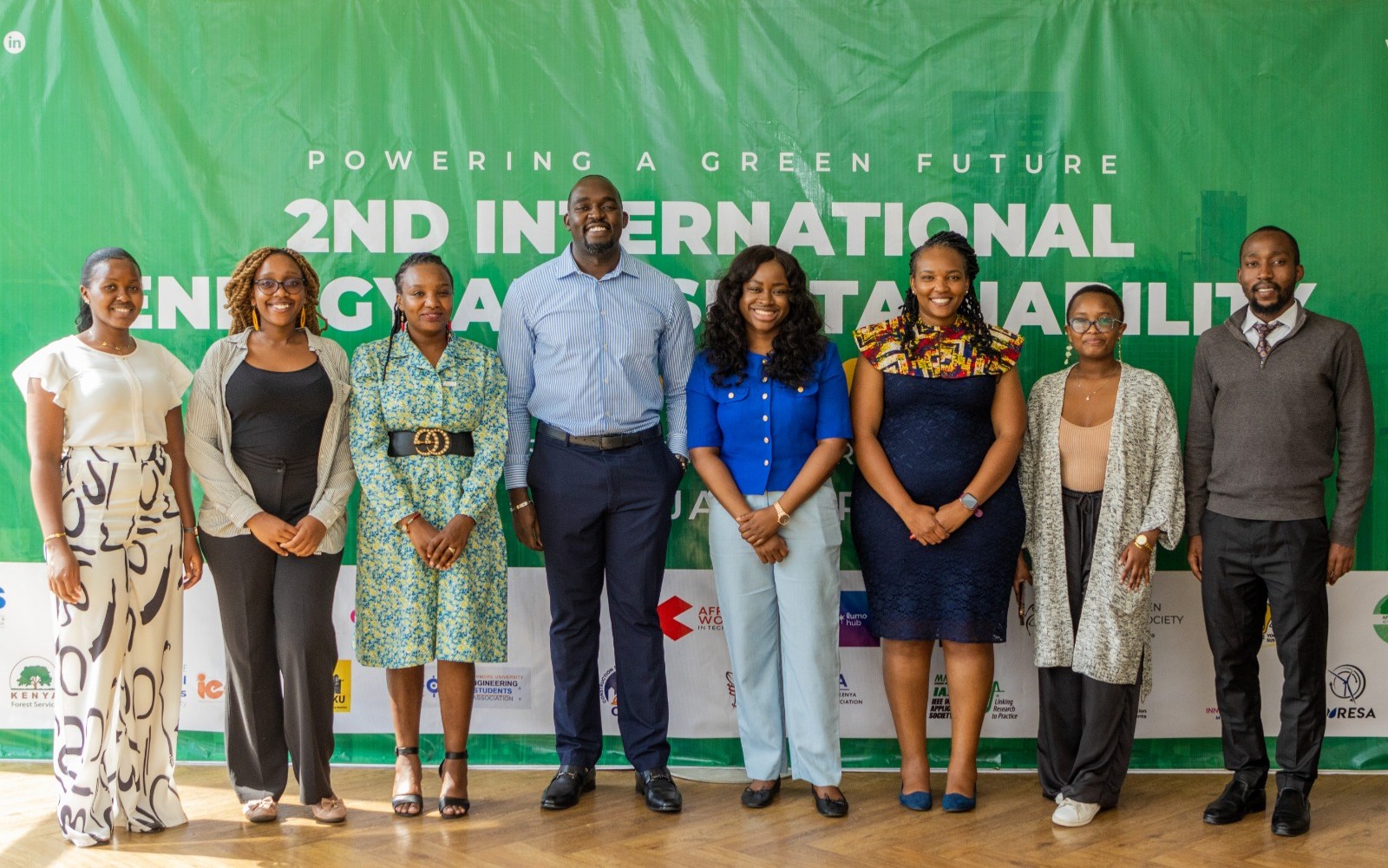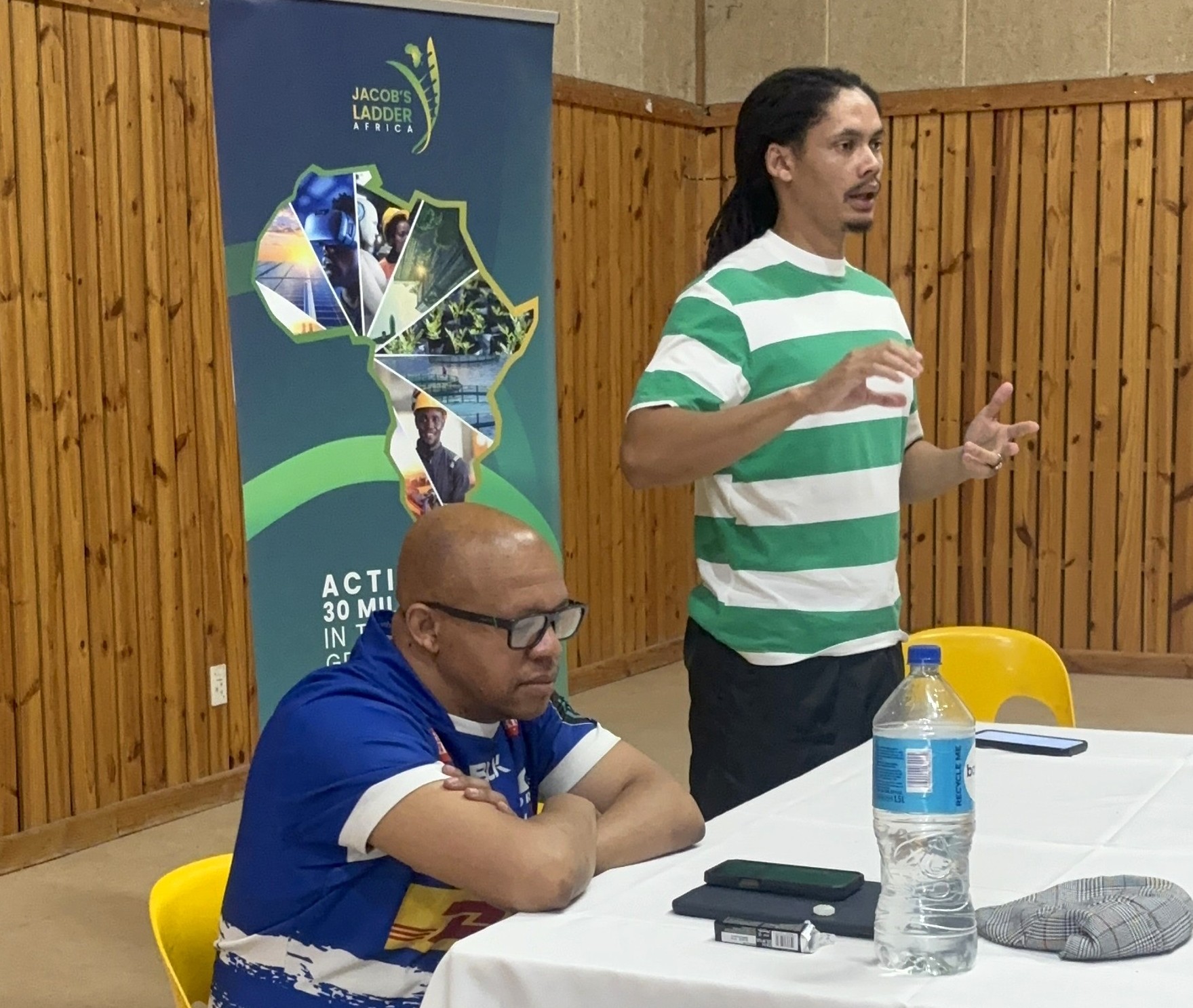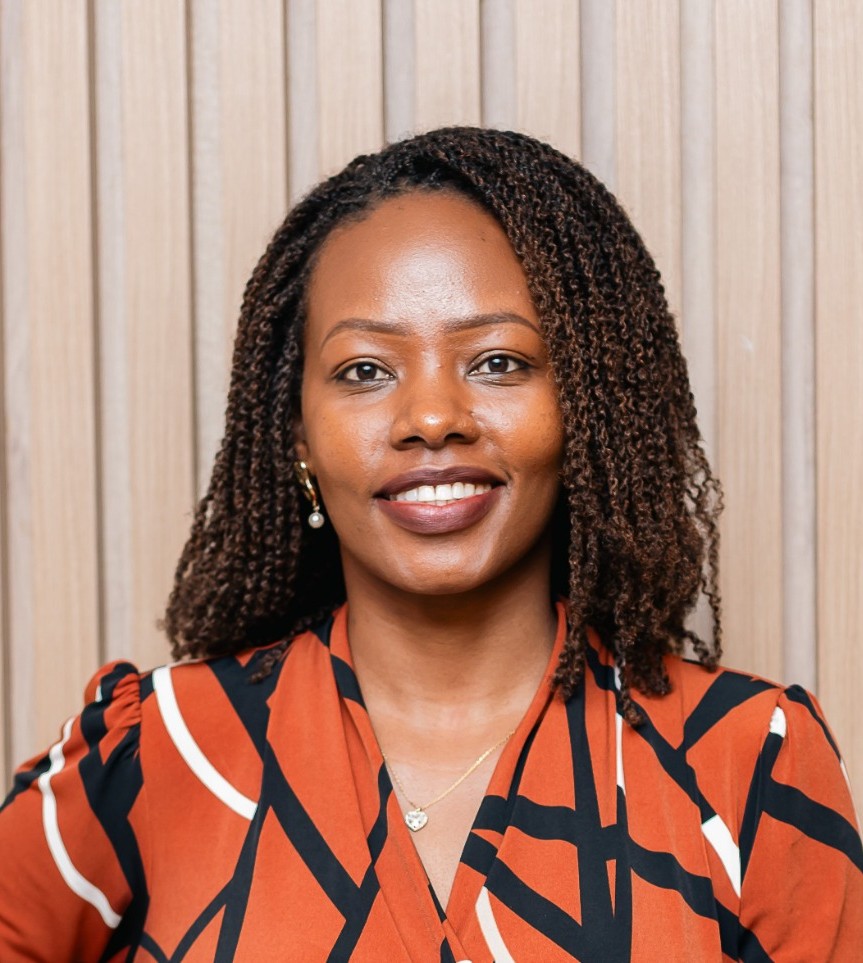Africa’s centrality in various sectors including technology and innovation, climate action, and financing is hard to miss. With that has come a surge in convenings, some being held for the first time on the continent, aiming to collectively address issues that are important to Africans.
The Second Africa Climate Summit (ACS2) is one such example. Addis Ababa was the assembling ground for heads of state, ministers, private sector leaders, academics, and the unmistakable energy of youth groups and startups. The topic on the agenda? How to shift the global lens on Africa from one of destitution and desperation to a focus on innovation and leadership. Prior to ACS2, Kenya had the honour of hosting the first Africa Climate Summit in 2023.
I was privileged to be a part of ACS2, which pulsed with ambition, urgency, and the promise of transformation. It was also my first time in Addis Ababa and the city’s determination to transcend its status quo was palpable- seen in the completion of the Grand Ethiopian Renaissance Dam (GERD), the commendable progress made on the Ethiopian Green Legacy Initiative, and the visible momentum of construction across the city.
Looking back at the summit, a number of successful outcomes were achieved, such as the adoption of the Addis Ababa Declaration, which set out the parameters by which African countries would take up leadership of the continental climate agenda.
An example of this is the Africa Climate Innovation Compact (ACIC) which aims to deliver over 1000 African solutions to tackle climate challenges in energy, agriculture, water, transport and resilience by 2030.
Africa does not lack platforms for deliberation. What’s needed now is a shift from dialogue to delivery. With the continent contributing just 4% to global emissions yet bearing the brunt of climate impacts, from erratic weather to food insecurity and economic disruption, the urgency is undeniable. As COP30 approaches in Brazil this November, the question remains: what mechanisms are we establishing to track implementation and ensure these forums translate into lasting change?
As a communications practitioner, I can attest to the fact that Africa’s story is not just unfolding, it is being authored in real time. The declarations made in Addis Ababa must now become blueprints for action, not just headlines. As noted in this opinion editorial by Bilha Ndirangu, CEO Great Carbon Valley and Co-Founder, Jacob’s Ladder Africa, Africa has all the requisite blocks to turn around the prevailing tales and take charge of developing a fresh narrative on the continent and its future.
As we look ahead to COP30 and beyond, African leaders must insist on accountability, demand equity, and lead with clarity. This is Africa’s moment to define climate leadership on its own terms: rooted in resilience, driven by innovation, and told through its own voices.






